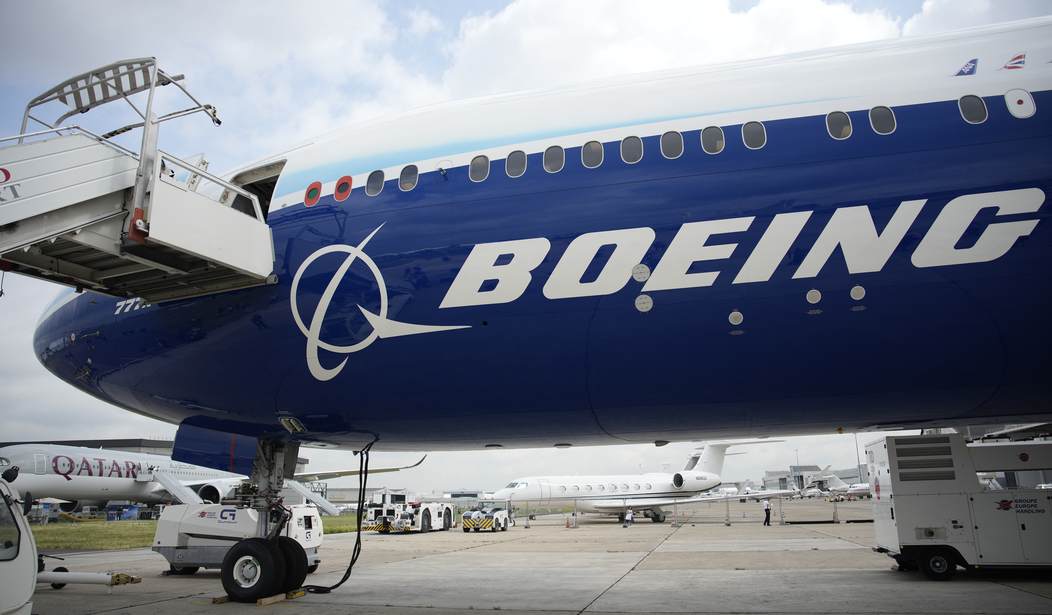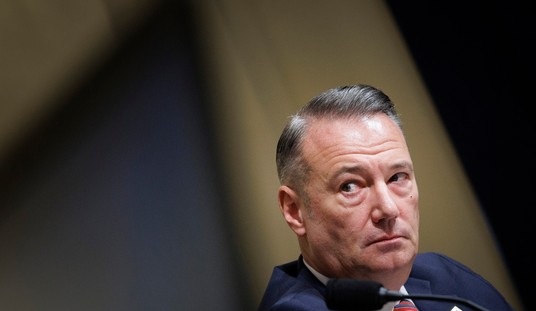We recently reviewed the criminal charges facing Boeing where the company was accused of conspiring to defraud the Federal government. The charges are related to the company's response to two fatal 737 MAX crashes in 2018 and 2019. The feds offered Boeing a "non-negotiable" plea deal that would allow them to avoid being taken to trial. The families of the crash victims immediately objected to the terms, describing the offer as a "sweetheart deal" and vowed to fight the agreement. That didn't slow down the process much, at least thus far. Boeing has accepted the deal and will enter a guilty plea. But that's not the last phase of this process and the deal could still fall apart. (NY Post)
Boeing will plead guilty to a criminal fraud charge stemming from two deadly crashes of 737 Max jetliners after the government determined the company violated an agreement that had protected it from prosecution for more than three years, the Justice Department said Sunday night.
Federal prosecutors gave Boeing the choice this week of entering a guilty plea and paying a fine as part of its sentence or facing a trial on the felony criminal charge of conspiracy to defraud the United States.
Prosecutors accused the American aerospace giant of deceiving regulators who approved the airplane and pilot-training requirements for it.
As noted above, this deal won't officially go into the books until a federal judge approves it. The judge in this case may prove sympathetic to the issues raised by the families of the crash victims, having previously made reference to “Boeing’s egregious criminal conduct." If he rejects the deal, federal prosecutors will be facing the choice of either coming up with a new, harsher deal or taking the case to trial.
But would the Biden Justice Department really try to bring the hammer down on the airline giant? They may wind up being far more sympathetic to Boeing than to the families of the victims. Boeing is seen as a critical provider not only to the private sector but to NASA and the Defense Department. The Department of Transportation is already facing stern criticism from the public over lengthy delays and cancellations of flights. That's bad news for Pothole Pete, who has recently been discussed as a potential presidential or vice presidential candidate. If Boeing were to suddenly become significantly crippled in its production efforts, there will be fewer planes available to replace the ones that are quickly reaching the end of their service lives. The only other company capable of producing planes of that size is Aerobus, and they are already years behind on all of their orders for their existing customers.
This weekend, CBS News ran an article asking if Boeing is starting to regain the trust of the public. The outlook wasn't very bright. They cite one investigative researcher who claims that Boeing's current woes actually date back more than 25 years. Once considered the gold standard in airline production and safety, they say that things began to rapidly change in 1997 when Boeing merged with McDonnell Douglas. Prior to that, the corporate environment at Boeing had been described as collegial and keenly focused on safety. But the McDonnell Douglas executives who came in reportedly "went through them like a knife through butter." The merger was expensive and the stockholders expected a return on their investment, so the focus shifted from safety and collegiality to the bottom line.
Perhaps there is some truth to that. Most of the world didn't seem aware of the changes for many years, but when a couple of planes fell out of the sky, people began asking questions. Then the whistleblowers began coming forward. That brought us to the current conspiracy and fraud charges in a relatively rapid fashion. The question now is whether or not Boeing will be able to change course and return to their old standards and practices while still remaining profitable.








Join the conversation as a VIP Member